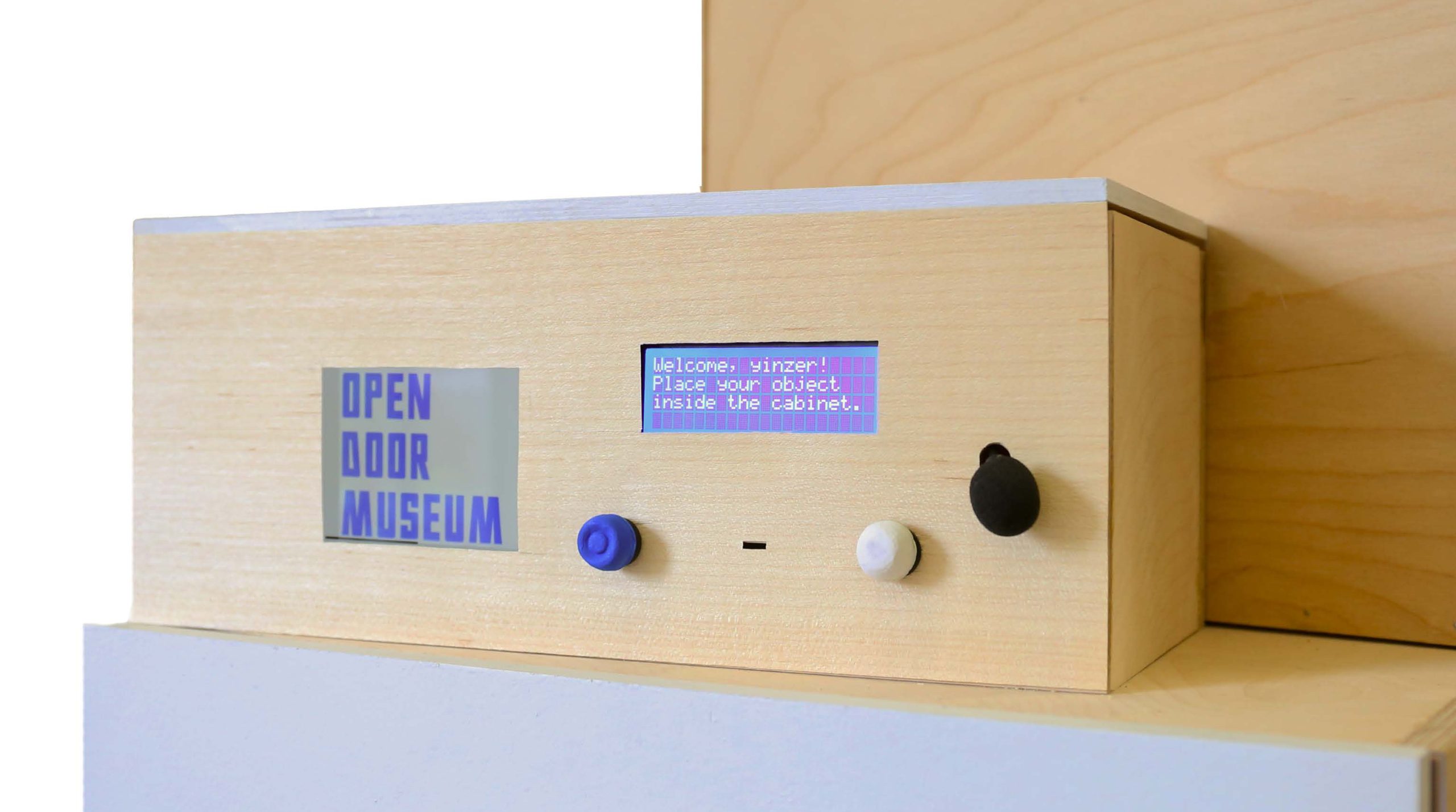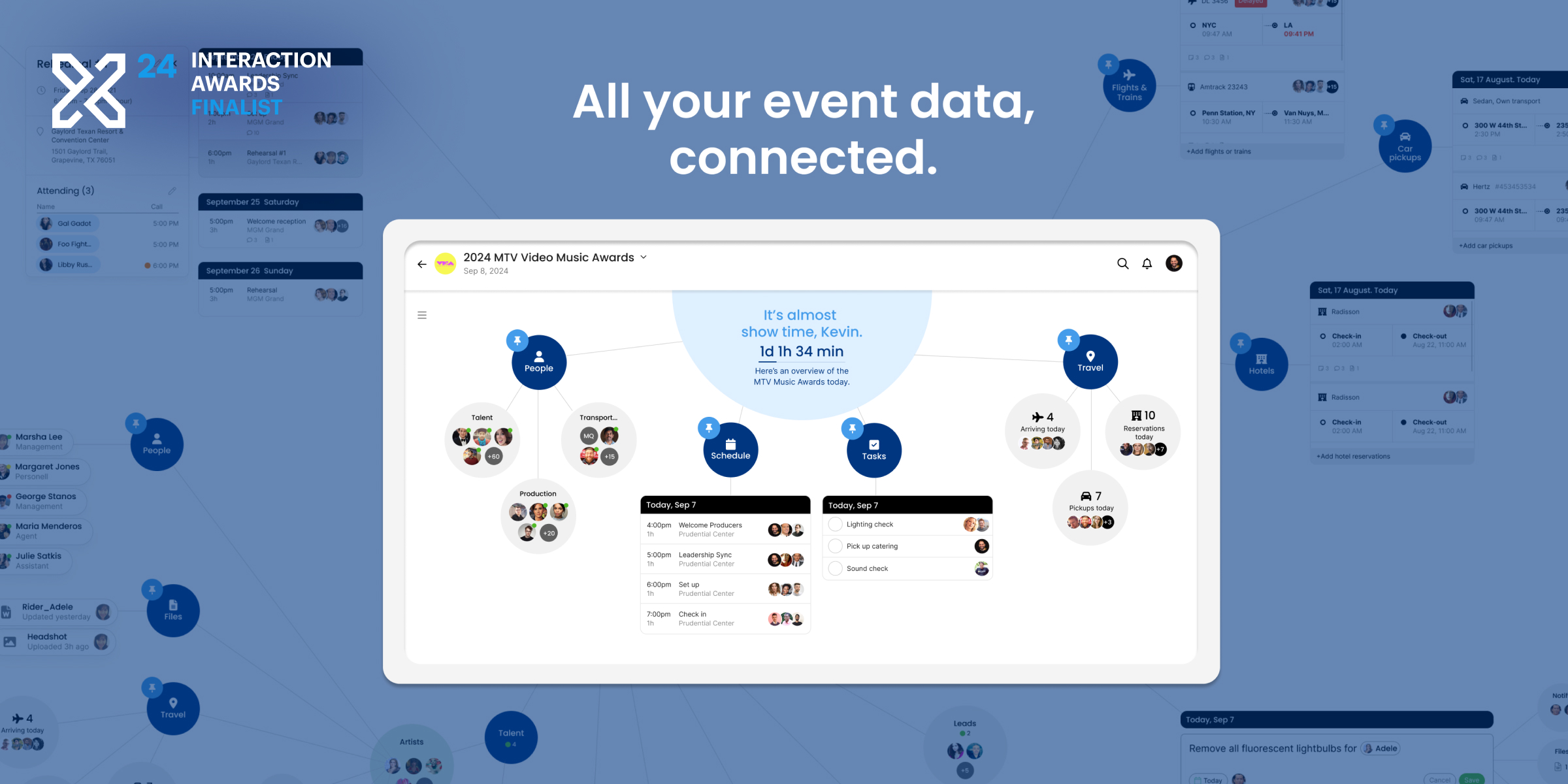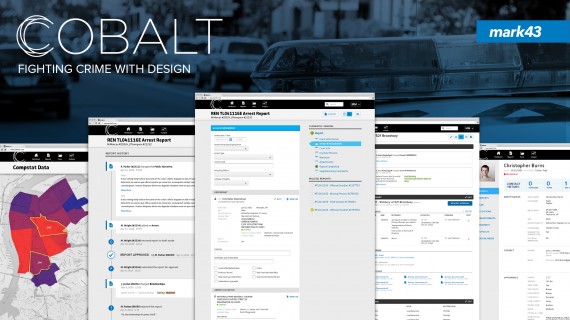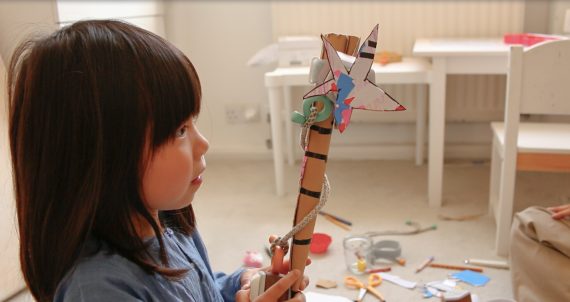Trashtag
Team
Company | Institution
Category
Type
Project description
Navigating the social media landscape often means spending time with our personal devices instead of with each other. We use our fingertips to transmit bits and bytes across the world more readily than we use our bodies to transmit social energy across a room. Who, at some point, hasn’t wondered if this rushing stream of ephemeral posts is leading us toward an island of social isolation rather than a true community of friends?
Navigating the social media landscape often means spending time with our personal devices instead of with each other. We use our fingertips to transmit bits and bytes across the world more readily than we use our bodies to transmit social energy across a room. Who, at some point, hasn’t wondered if this rushing stream of ephemeral posts is leading us toward an island of social isolation rather than a true community of friends?
As part of Elevate Atlanta 2014, a pop-up gallery curated by local arts organizations, we created #Trashtag, a tangible interface for social messaging. Inspired by the weeklong exhibition’s “Social City” theme, we filled a dumpster with more than a hundred illuminated, magnetic blocks inscribed with words and emoji and beckoned the public into the installation with a phrase: “LET’S TALK.” Everyone was invited to participate by arranging the blocks to create messages of their own on the container’s walls. Strangers laughed together as they discovered hidden phrases in the piles of discarded words, and they disrupted each other’s work, playfully fighting over coveted terms and symbols. For one week in downtown Atlanta, social media became something new—a collective act undertaken together in physical space.
But #Trashtag did more than just collect these messages—it amplified them far beyond the confines of the dumpster. With the push of an oversized button, people could have the container tweet on their behalf. @TrashTagATL acted as a mouthpiece for the public’s ideas and hopes.
By the end of Elevate, #Trashtag had tweeted more than 200 posts. The messages were surprising and inspiring, at times critical, funny, and profound—a perfect reflection of the diversity of the participants. The public also littered the social media landscape with tagged Instagram photos, Facebook posts, retweets, and direct messages of their own, spreading awareness of the installation itself and the Elevate exhibition at large.
The dumpster ultimately became a symbol of the disposability of modern messaging, a place where sentiments could be tossed out and discarded as quickly as the pieces could be salvaged to create something new. But perhaps most importantly, #Trashtag transformed the dumpster into a creative space that anyone, regardless of age or background, could use to speak to others. Experimenting with what social media could look like in a physical place, we reimagined “posting” as a tangible task, a public activity, and a collective, evolving performance. In other words, we made social media truly social.
Navigating the social media landscape often means spending time with our personal devices instead of with each other. We use our fingertips to transmit bits and bytes across the world more readily than we use our bodies to transmit social energy across a room. Who, at some point, hasn’t wondered if this rushing stream of ephemeral posts is leading us toward an island of social isolation rather than a true community of friends?
As part of Elevate Atlanta 2014, a pop-up gallery curated by local arts organizations, we created #Trashtag, a tangible interface for social messaging. Inspired by the weeklong exhibition’s “Social City” theme, we filled a dumpster with more than a hundred illuminated, magnetic blocks inscribed with words and emoji and beckoned the public into the installation with a phrase: “LET’S TALK.” Everyone was invited to participate by arranging the blocks to create messages of their own on the container’s walls. Strangers laughed together as they discovered hidden phrases in the piles of discarded words, and they disrupted each other’s work, playfully fighting over coveted terms and symbols. For one week in downtown Atlanta, social media became something new—a collective act undertaken together in physical space.
But #Trashtag did more than just collect these messages—it amplified them far beyond the confines of the dumpster. With the push of an oversized button, people could have the container tweet on their behalf. @TrashTagATL acted as a mouthpiece for the public’s ideas and hopes.
By the end of Elevate, #Trashtag had tweeted more than 200 posts. The messages were surprising and inspiring, at times critical, funny, and profound—a perfect reflection of the diversity of the participants. The public also littered the social media landscape with tagged Instagram photos, Facebook posts, retweets, and direct messages of their own, spreading awareness of the installation itself and the Elevate exhibition at large.
The dumpster ultimately became a symbol of the disposability of modern messaging, a place where sentiments could be tossed out and discarded as quickly as the pieces could be salvaged to create something new. But perhaps most importantly, #Trashtag transformed the dumpster into a creative space that anyone, regardless of age or background, could use to speak to others. Experimenting with what social media could look like in a physical place, we reimagined “posting” as a tangible task, a public activity, and a collective, evolving performance. In other words, we made social media truly social.

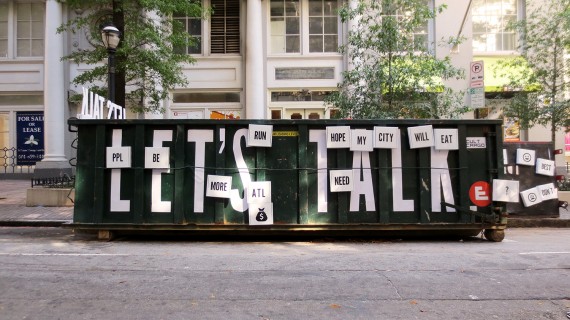
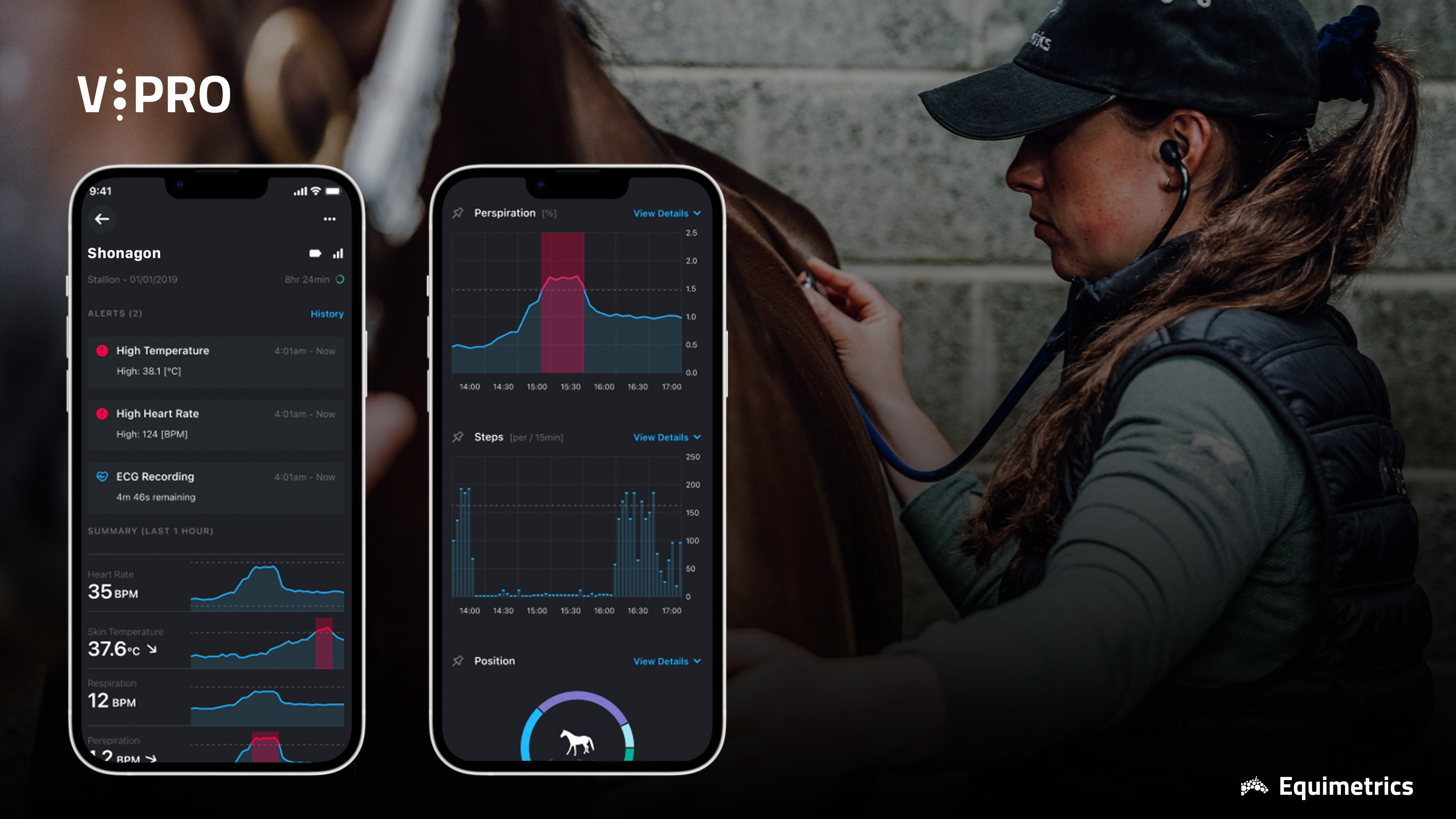
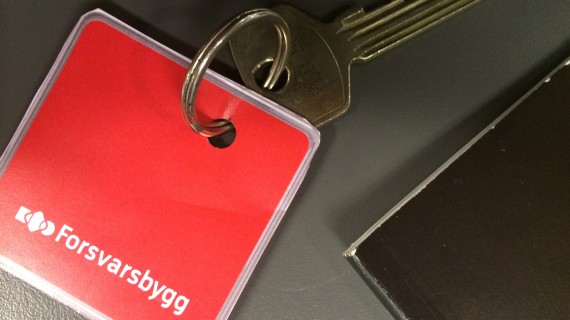
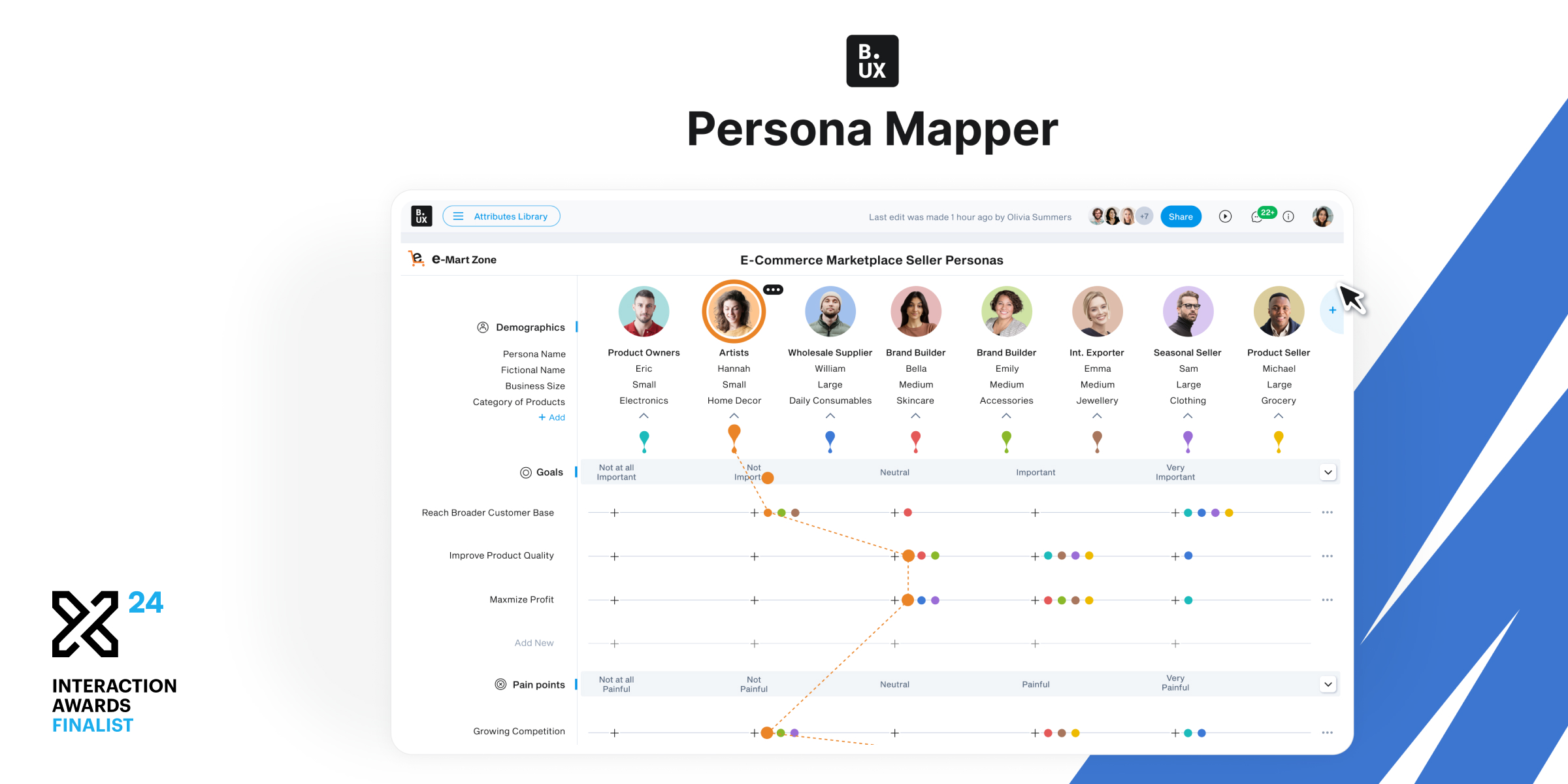
.png)
.jpg)

